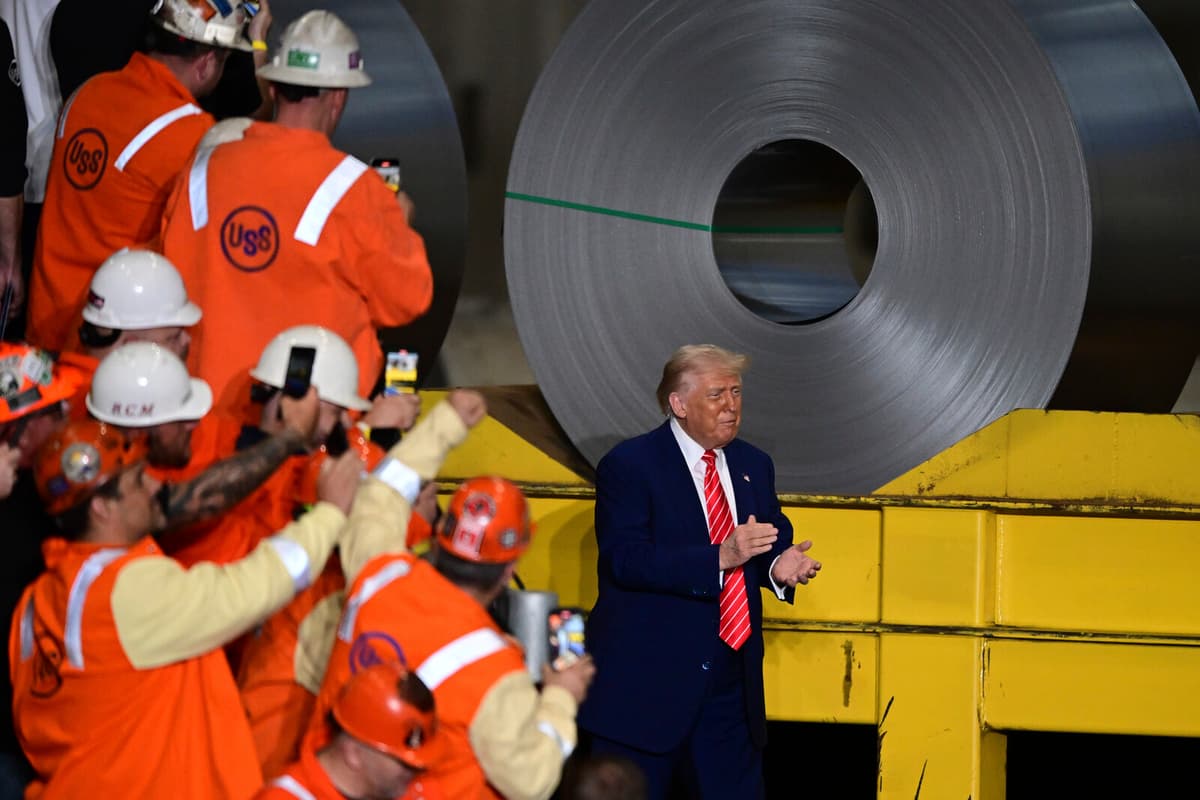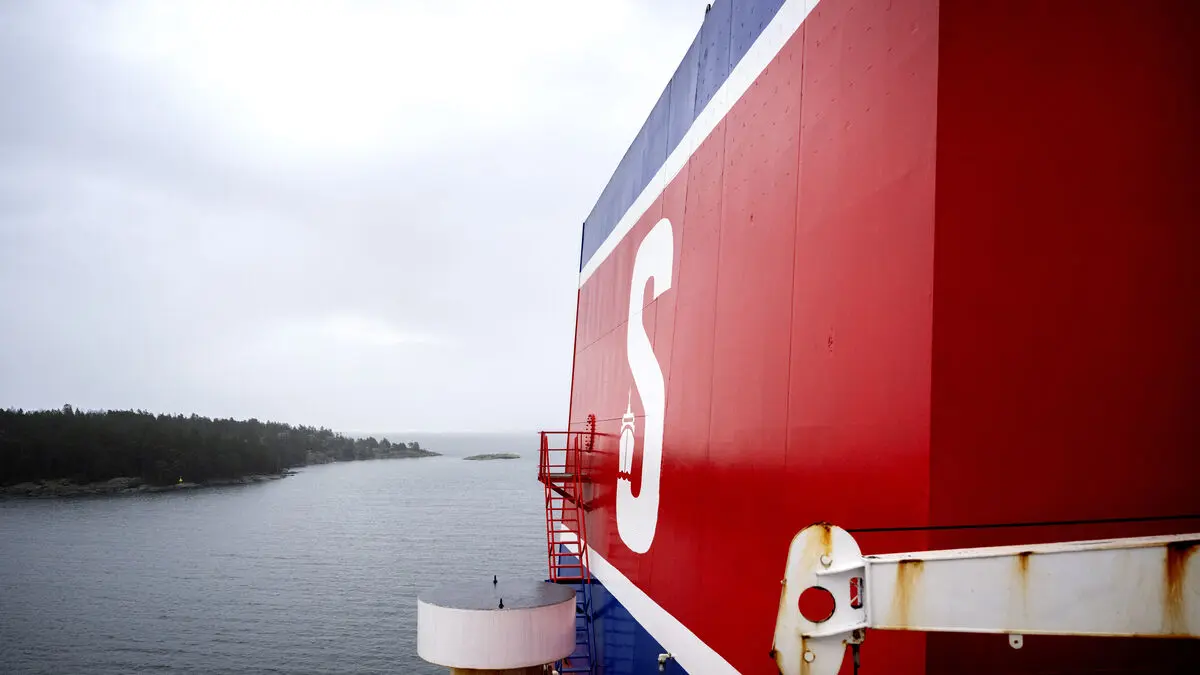The White House motivates the increased tariffs with the import of steel and aluminium constituting a threat to the nation's security and that the Trump administration wants to give support to domestic metal producers in the USA. This is evident from a presidential order, published on X.
The increase – which does not apply to steel and aluminium from the United Kingdom, which remains at 25 percent – comes at the same time as the USA negotiates trade relations with a number of parties, including the EU, China, Japan, and India – among other things about the general punitive tariffs that the Trump administration introduced on almost the entire world on April 2, but then paused until July 9.
The neighboring countries Canada and Mexico are those that are hardest hit by the USA's tariffs on the metals. They are by far the largest steel and aluminium exporters to the American market.
"Bad for USA's workers"
Canada's Prime Minister Mark Carney said that the tariff decision was both illegal and completely unjustified.
It is bad for USA's workers, bad for USA's industry and of course also for Canada's industry, said Carney and added that Canada will respond with measures.
Similar tones came from Mexico's President Claudia Sheinbaum, who said that the country is considering what countermeasures to take – but that they will not be a direct replica of the USA's tariffs.
The tariffs will push up the prices of steel in the USA and this can, according to assessors, create new trade patterns when steel and aluminium producers look for new markets for their products with lower tariffs. This can create a downward pressure on prices for European steel and aluminium users.
Problems for European steel companies
For European metal producers, this means profitability problems, as they are already struggling with weak demand at home and squeezed profit margins.
This has forced many producers to reduce production and close factories as they have difficulty competing with imported low-price steel from countries where production costs are much lower, says Kaye Ayub, analysis manager at the consulting firm MEPS International to the TV channel CNBC.






